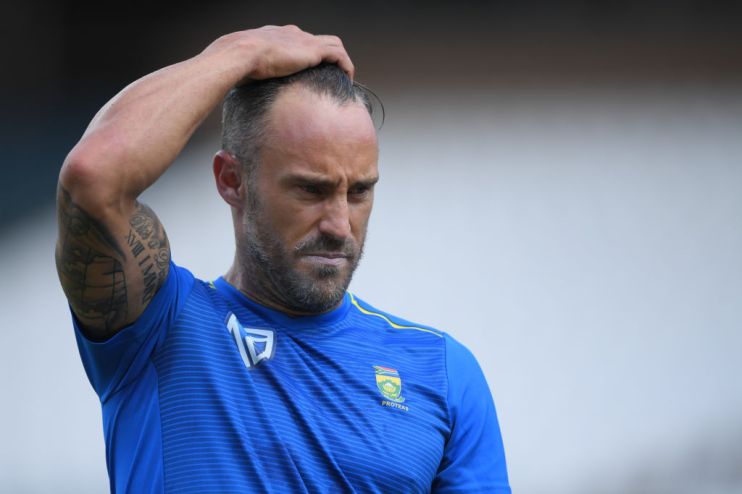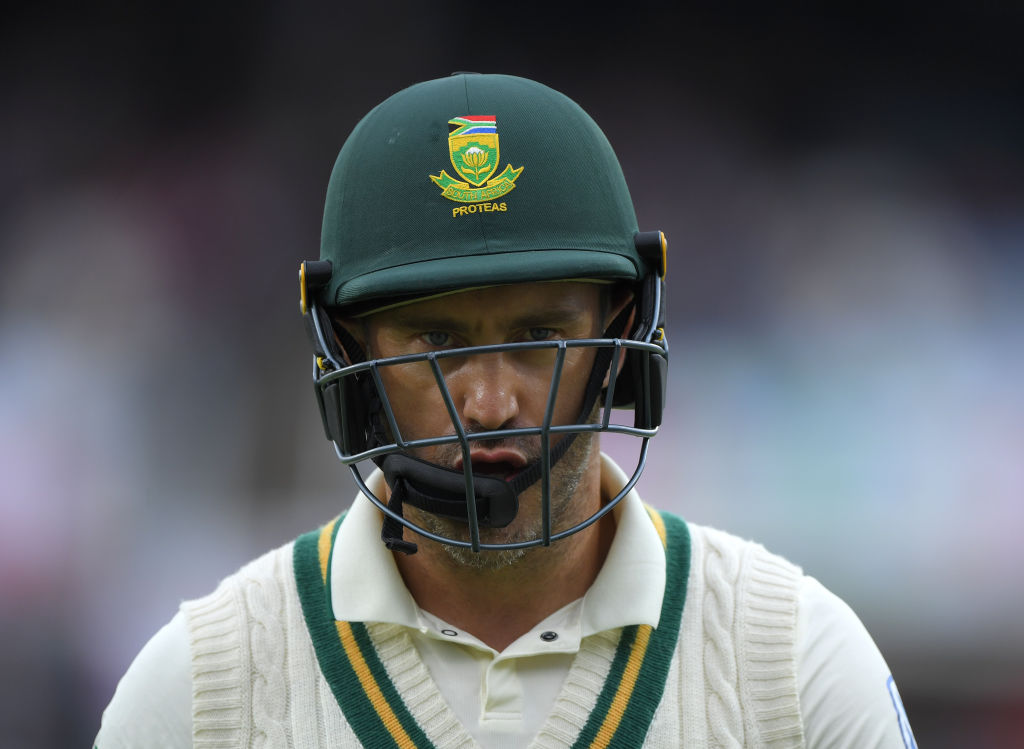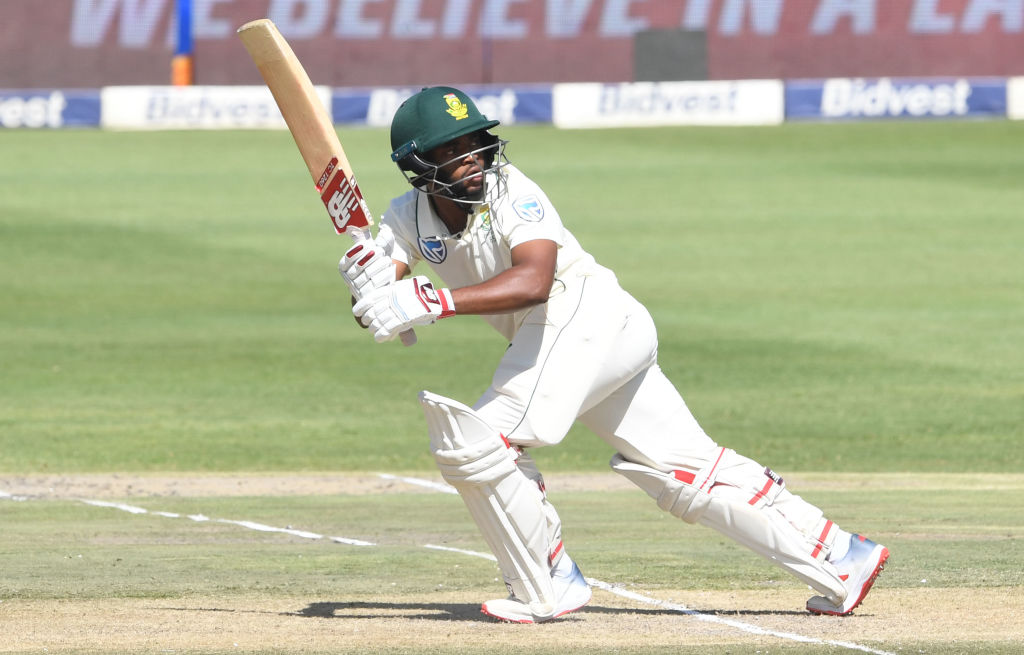South Africa v England fourth Test preview: Home captain Faf du Plessis under pressure both on and off the field as series reaches its climax

How quickly things can change.
After the first Test of the series against England in Centurion, South Africa were left to reflect on a first victory in six attempts in which Kagiso Rabada had taken seven wickets to settle their nerves and given the new coaching team a near-perfect start.
Just under a month later they are at the Wanderers, trailing 2-1 and staring down the barrel of their first consecutive home Test series defeats for 70 years. They are without their suspended strike bowler, unsure about the future of their captain and dealing with a rumbling row about black representation in the side.
To make matters worse for Faf du Plessis and his side, their state is in stark contrast to their opponents’. England have improved as the series has worn on, with their young players stepping up to contribute to rare back-to-back away Test victories and add to the burgeoning sense of belief around the group.
While Joe Root’s captaincy – and bowling – is on an upturn, the same cannot be said for his opposite number. Root looks refreshed and reinvigorated by the challenge of leadership; Du Plessis is nearing the end of his tenure in charge of South Africa.
‘Can’t do it forever’
Between the loss in Port Elizabeth – his third defeat by an innings in his last five Test matches – and Friday’s Test in Johannesburg, Du Plessis has been relentlessly questioned about his future and replaced by Quinton de Kock as One-Day International captain.
“I can’t do it forever,” Du Plessis said after the third Test. “It has been chipping away, it does chip away at your character.”

The 35-year-old batted away questions about his future this week, stressing his commitment to the team, but the feeling is this Test will be his last at home, and quite possibly last in the Proteas side. He has failed to score a half-century in his last eight Test innings and is averaging 18.83 against England.
Away from the crease, Du Plessis’ trials stem from the question of black representation in the team. More than 80 per cent of the country’s population is black, and yet the side is overwhelmingly white.
Player quota
The Proteas have come nowhere near the government’s quota of five non-white players per side, and Rabada’s one-match ban for picking up four demerit points doesn’t help things. Batsman Temba Bavuma replaces Zubayr Hamza at the Wanderers, but South Africa director of cricket Graeme Smith has acknowledged that the politics of the quota had affected Du Plessis.
“For far too long, he has had too much to deal with and too many things to talk about, and I really wanted that not to happen in this series,” said Smith. “At times it has.”

If it is to be his last Test, Du Plessis will want to go out with a series draw salvaged. The batting department is the biggest stumbling block towards achieving that goal.
Under former captain Smith, South Africa’s top six averaged 46.3; in Du Plessis’ era they have managed 33.5.
“If you look at Port Elizabeth, we were almost confused as a batting unit,” Du Plessis said. “There’s not enough time to change techniques. The secret weapon lies in how strong we can be emotionally and mentally.”
South Africa haven’t passed 300 in the first innings so far this series. A traditionally fast Johannesburg wicket, against an England pace attack likely to contain Jofra Archer, is not an easy situation in which to rectify problems.